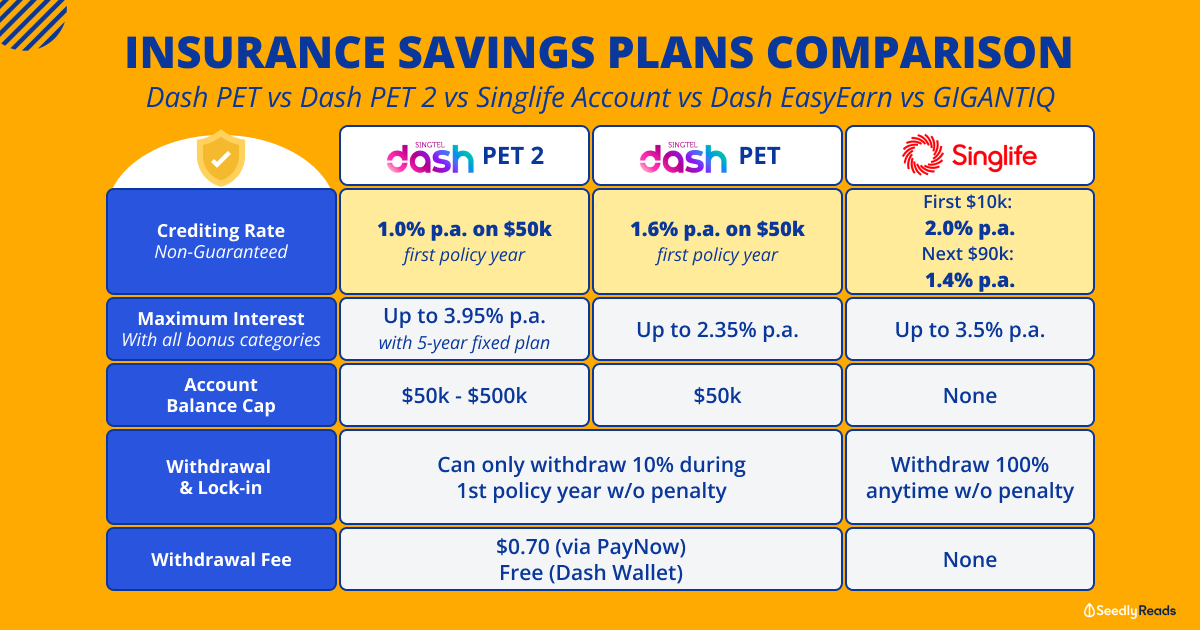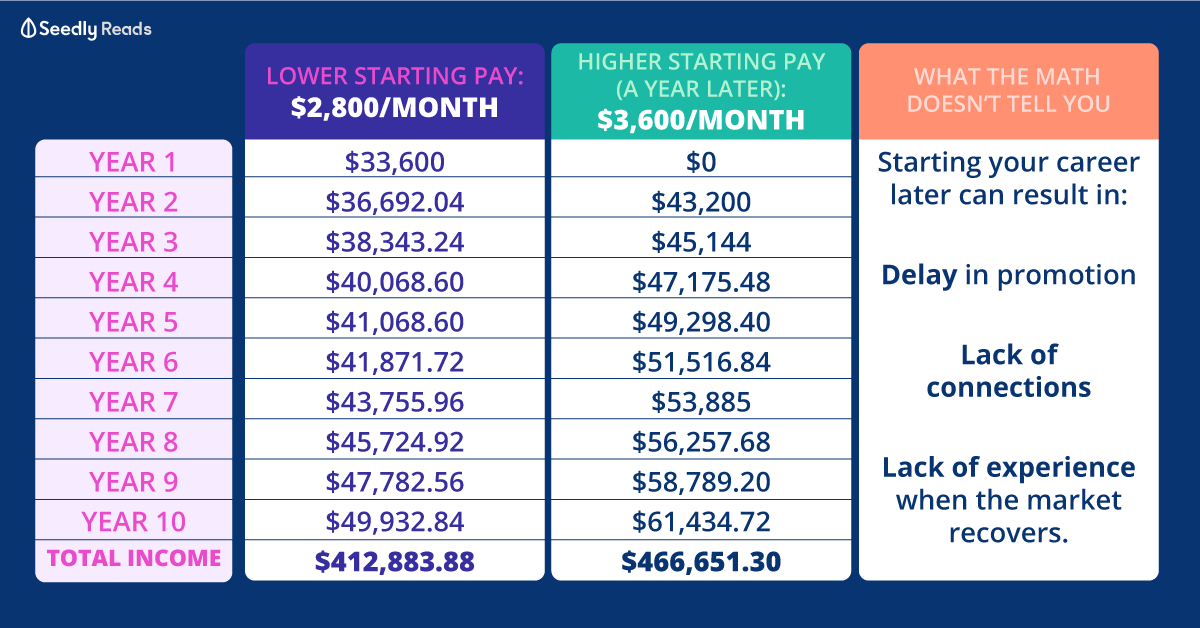Advertisement
Discussion (3)
Learn how to style your text
Elijah Lee
12 Sep 2020
Senior Financial Services Manager at Phillip Securities (Jurong East)
Reply
Save
PolicyPal
03 Aug 2020
Official Account at PolicyPal
For insurance, it will be to ensure you are well insured should there be any cases of emergencies. Thus, it is essential to find plans that are well suited for you.
Ensure the basic such as hospitalisation and critical illness plans that would cover you from the hefty medical fees in the unfortunate event that you encounter a medial emergency.
Some good health insurances you can consider are AXA Shield by AXA (only insurer with outpatient and PA benefits embedded into the cash rider) or the Great SupremeHealth by Great Eastern. To ensure you are well covered, you can add on riders for Critical Illnesses.
Feel free to reach out to us here if you are looking for personalised and unbiased advice.
Reply
Save
Pang Zhe Liang
29 Jul 2020
Lead of Research & Solutions at Havend Pte Ltd
Above all, there is a basic standard type of insurance that most people look into:
Healthcare
...
Read 1 other comments with a Seedly account
You will also enjoy exclusive benefits and get access to members only features.
Sign up or login with an email here
Write your thoughts
Related Articles
Related Posts
Related Posts
Advertisement








Hi Darius,
Congrats on graduating and starting work! For a young graduate, in order of importance, here is what you should be looking at:
Hospitalization plan. This covers any hospital bills and associated pre/post hospitalization costs. This would be from an integrated shield plan, with a rider to take care of the deductible/co-insurance and limit your out of pocket expenses. Depending on your budget, you can take a private hospital plan and downgrade later, or just go for Goverment A ward.
Critical Illness coverage. This provides a sum of money for you to cover your expenses and other out of pocket costs should you fall critically ill and are not able to work. Usually recommended to cover at least 5 years of expenses and an additional sum to cover out of pocket. This is usually via a limited payment life plan, or a term plan, depending on your budget/needs.
Death coverage. This provides a lump sum of money should something happen to you. Not mandatory if you have no dependents or liabilities. Usually takes the form of a term plan. For the coverage amount, you could use a multiple such as 10 x of your current income, or calculate based on your current liabilities.
Personal Accident. For the minor stuff like TCM claims, etc.
Generally, you should not have to spend more than 10% of your income on coverage.
You can work with an independent financial advisor who can provide multiple options and explain in detail what you will need to know about the types of insurance as well as the options from various insurers before you come to a decision, especially with respect to cost effectiveness as well as the minor differences between the plans. This helps you to narrow down your options from the numerous products out there.
You will want to be comfortable to share your fiinancial details with your advisor as that will be important for the advisor to consider your current situation before suggesting suitable solutions.